Hayfever occurs when the allergen enters the nasal passage and irritates the lining, setting off an immune response that includes, sneezing, itchy eyes and runny nose.
The most common allergens are pets, pollen, mould and house dust mites.
1. Find out what allergen is affecting your child
Your child may be allergic to one or a few of the allergens. If you haven’t been able to establish which one/s, your doctor can help. They will ask you about the onset and can also arrange a skin prick test/scratch test where small amounts of common allergy-causing substances (allergens) are put on broken (scratch) skin to see if a reaction occurs.
2. Be aware of pollen season
During pollen season, stay indoors as much as possible especially on windy days. Pollen levels are at their highest in the morning and after thunderstorms. Wear sunglasses when outdoors and avoid mowing lawns, gardening and other outdoor activities. If your child has been exposed, give them a shower.
3. Understand the effect of pet cuddles
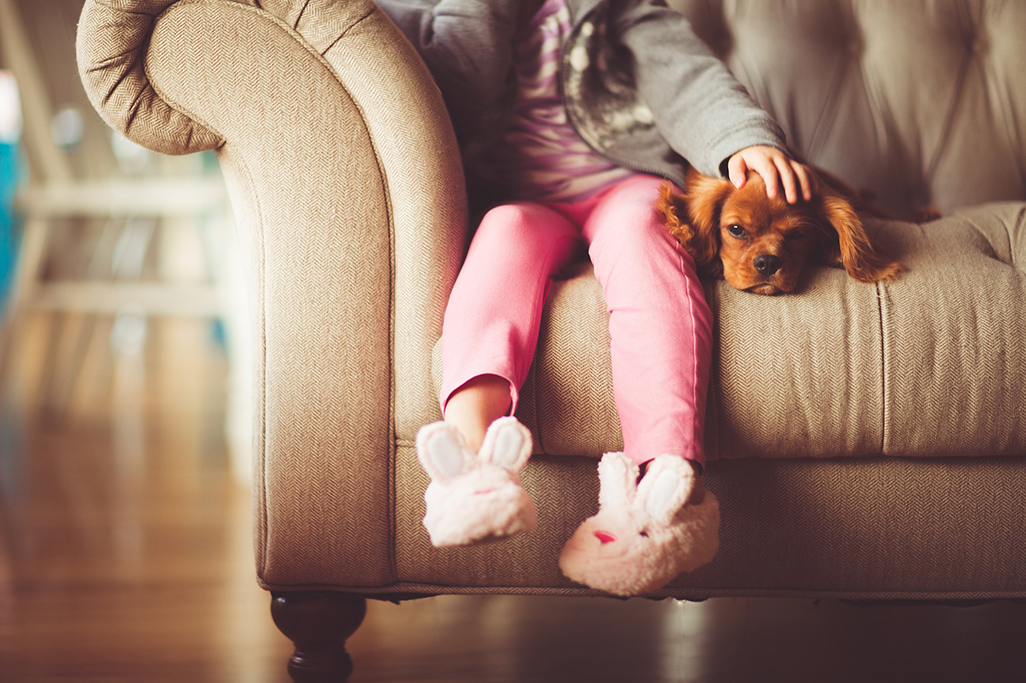
Pet hair itself is not an allergen – it’s their dander (the skin cells that are shed), and the saliva, urine, sweat, dust and pollen that clings to the pet hair. The best solution is for your child to avoid pets altogether although if they are a much loved member of the family this may not be possible. In this case, keep pets outside or at the very least don’t let them in your child’s bedroom. Keep your pet well-groomed and washed.
4. Banishing allergens and dust mites at home
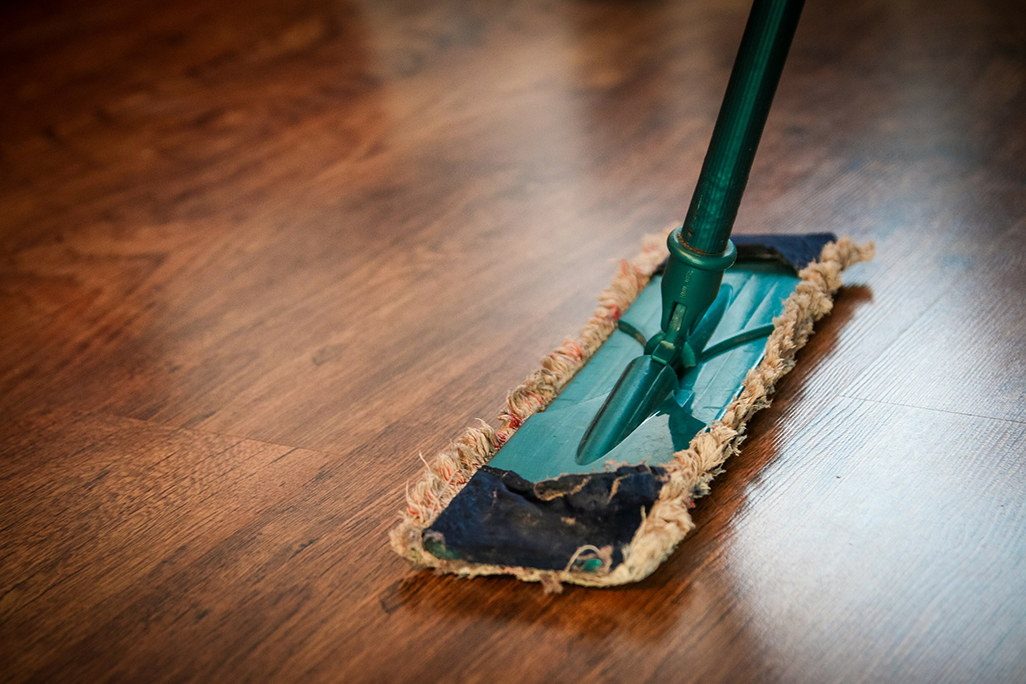
Vacuum using a dust mask, if possible, using a vacuum cleaners with a HEPA filter. Hard floor surfaces are the better than carpet. Wash bedding frequently in hot water and use mite proof bedding covers. Keep surfaces (including walls) clean and uncluttered.
5. Stop the onset
In reality, it is almost impossible to avoid trigger allergens. Your doctor or pharmacist may also recommend non-drowsy antihistamines, nasal sprays, eye drops and saline nasal washes. They may suggest immunotherapy which helps the body build tolerance to an allergen
Untreated hayfever
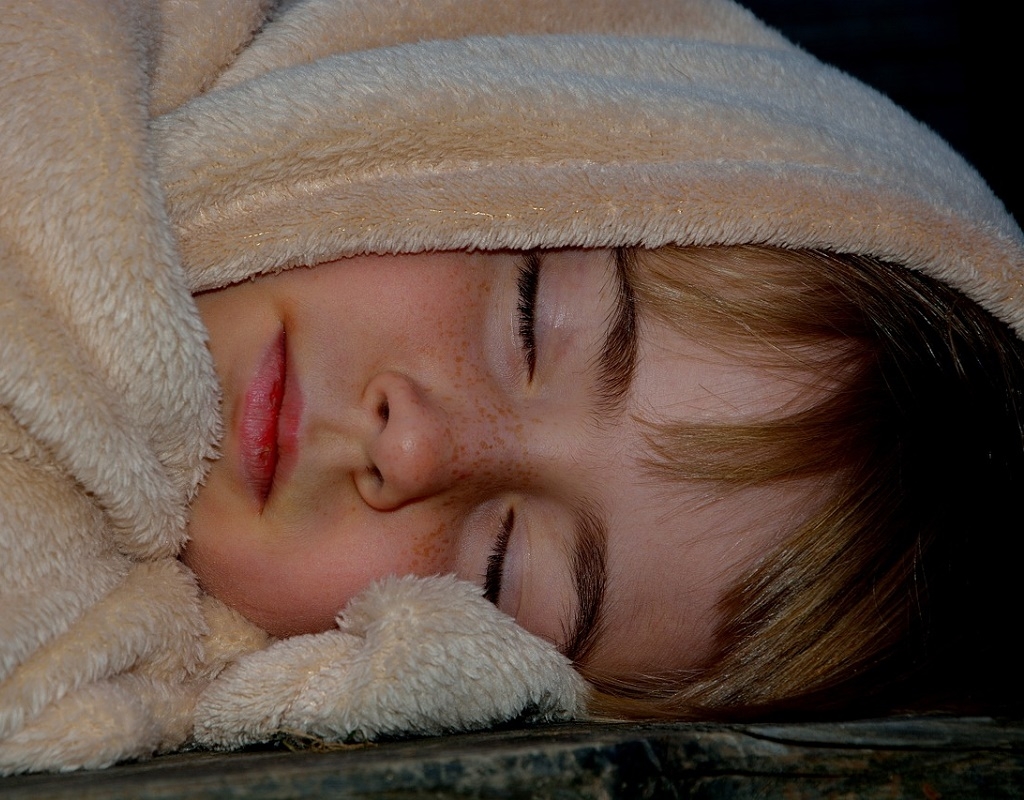
Hayfever can last a long time if the allergen/s remain present. If left untreated, symptoms can escalate from a runny nose and itchy eyes and to asthma, disturbed sleep and fatigue, sinus or eye infections, poor concentration and irritation.

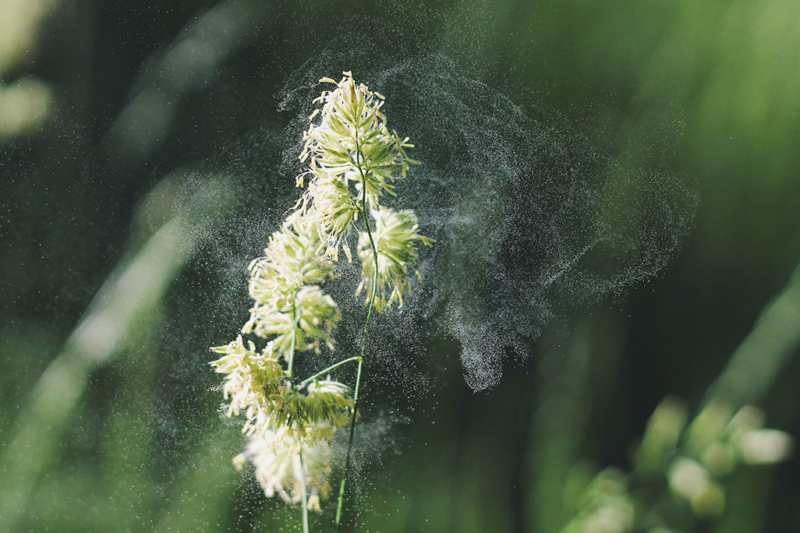


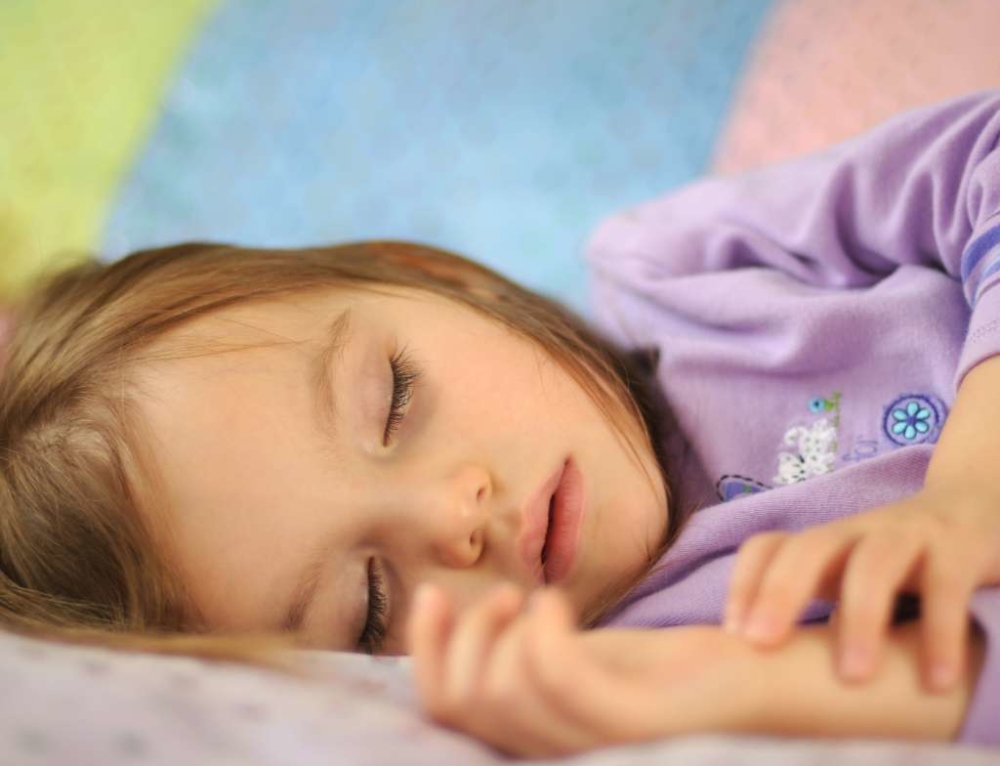

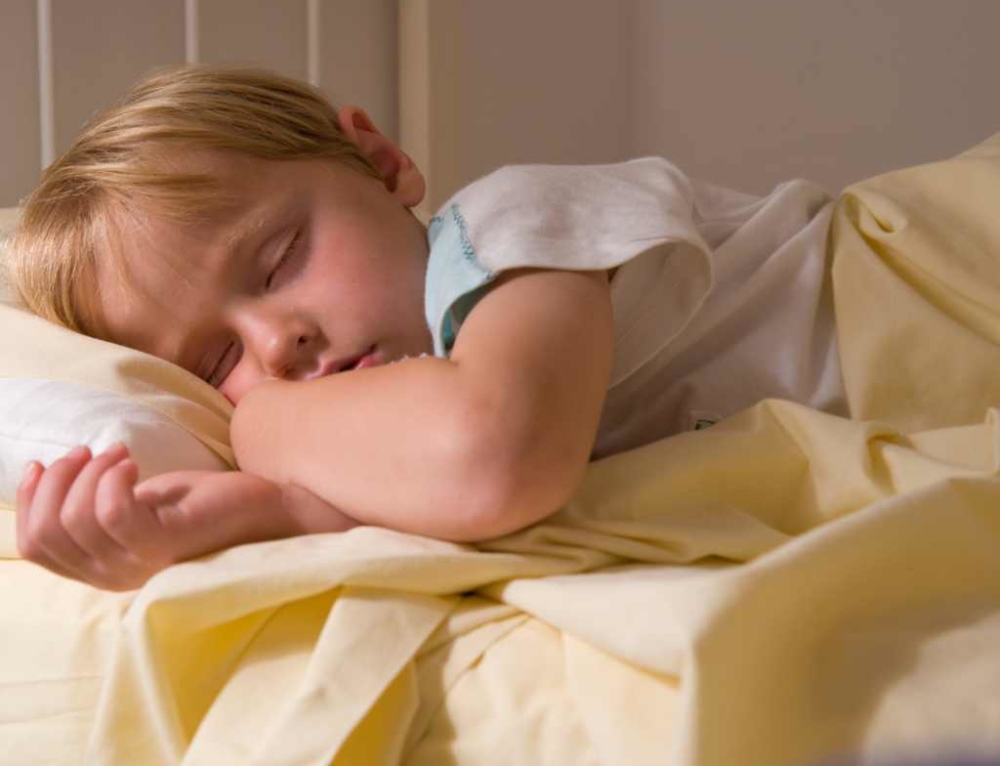
Leave A Comment
You must be logged in to post a comment.